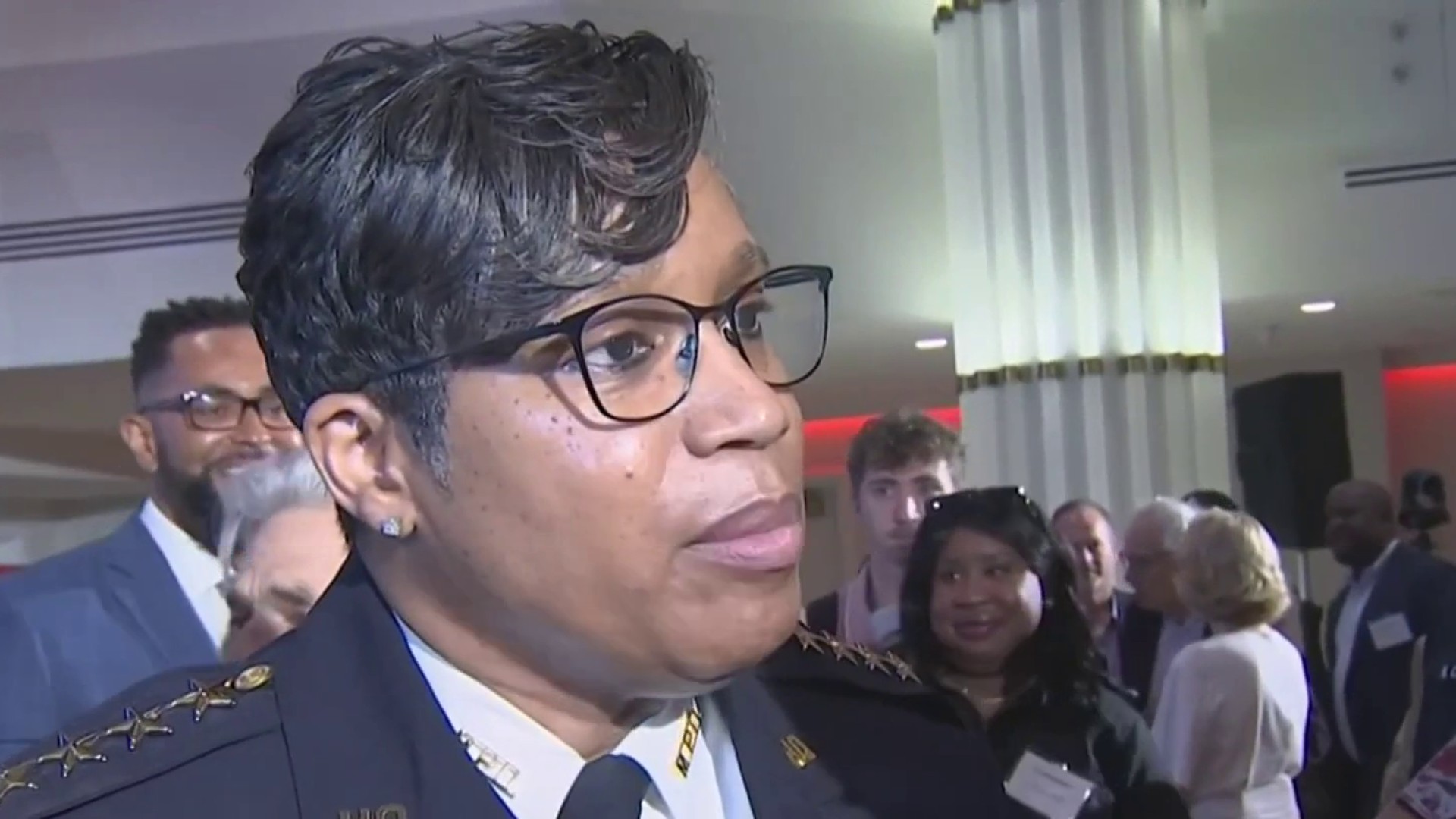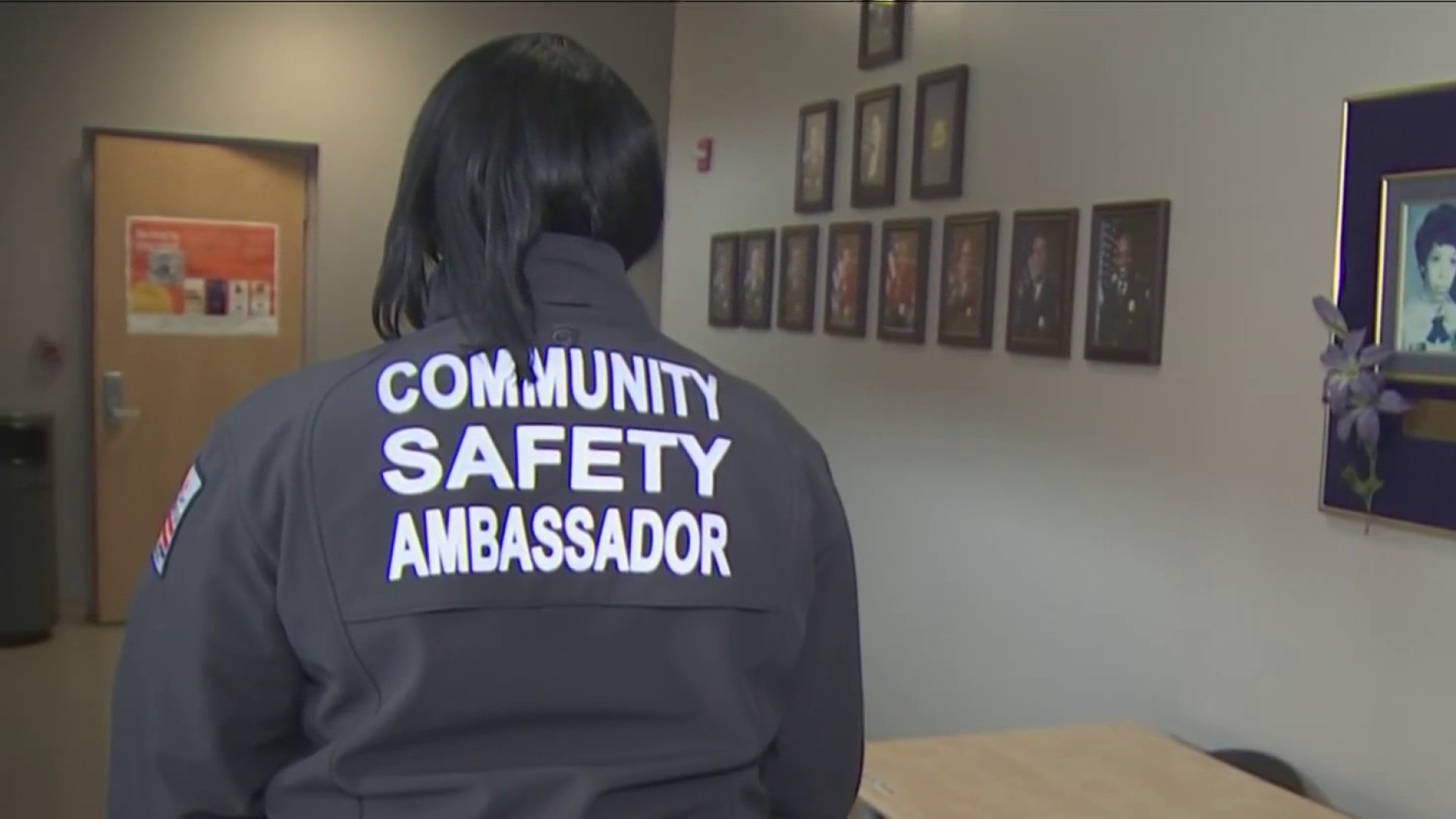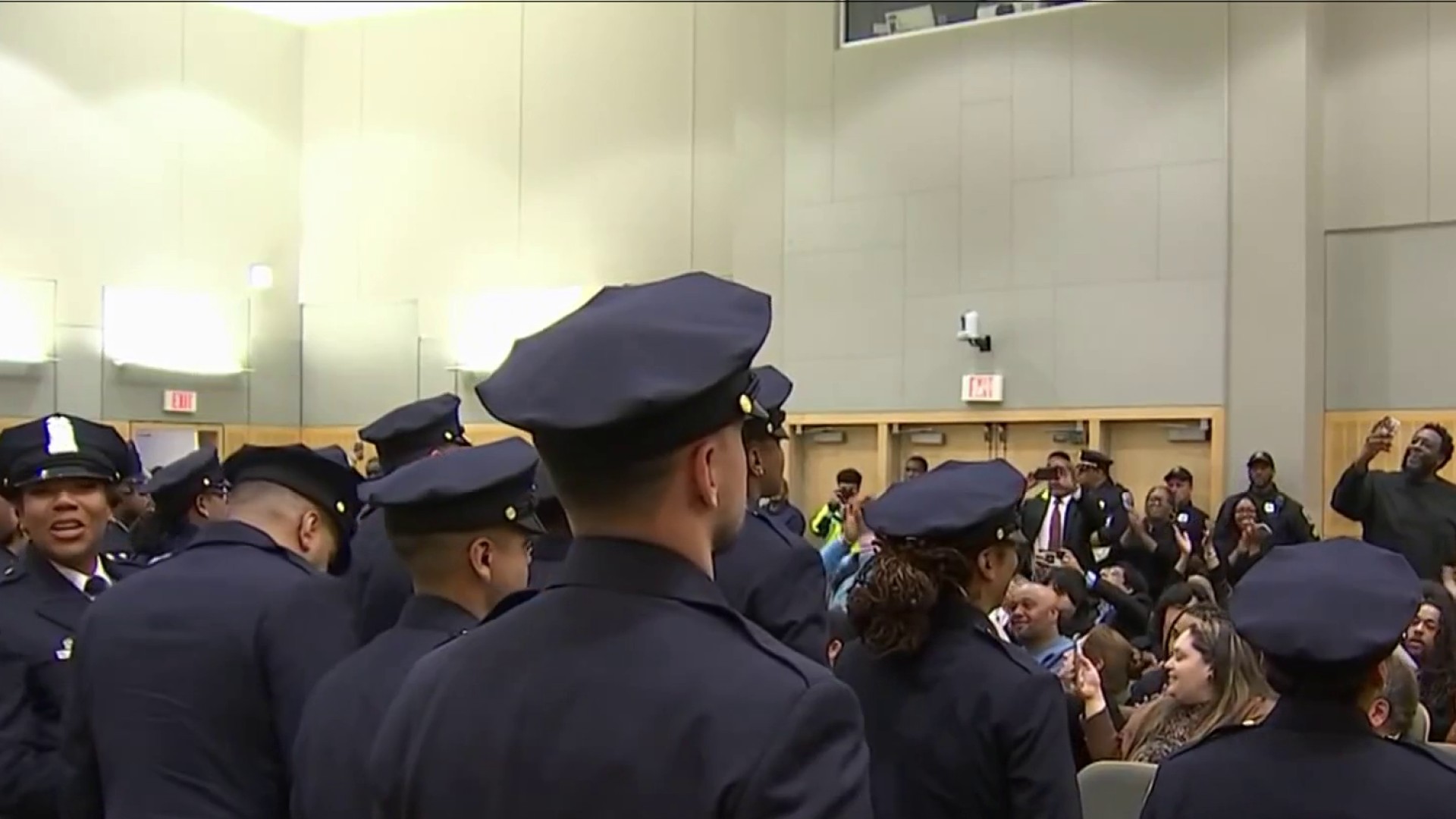A new national assessment of police departments around the U.S., which takes a look at how police officers sworn to protect and serve are performing in the community, gave D.C. police high marks.
The assessment is a new tool from the Policing Project at the New York University School of Law. The Project "worked with police leaders, researchers, community advocates and others" to develop the grading system, according to a press release from the Office of the District of Columbia Auditor (ODCA).
Overall, the report gave the Metropolitan Police Department a grade of 81.66%.
It's the highest score any department has received so far on the assessment, though only three departments have been assessed as of June 26, the ODCA said.
As News4's Ted Oberg put it, "no one scores 100 points on this thing."
The ODCA worked with the Project to conduct the assessment starting in December 2023. Their goal was to measure whether D.C. police is "sound, accountable, just and effective" using 100 individual factors.
How did D.C. police do in each category of the assessment?
The assessment breaks those factors, and the performance of a given police department, into four categories, the release said. Those categories are sound policing, accountable policing, just policing and effective policing.
Sound policing measures the efficiency of D.C. police. How good is the department at hiring officers and employees? Does it provide workforce development? How are the department's resources managed?
D.C. police received an 86.63% in the sound policing category. The report states the department could improve when it comes to retention, in collecting data about officer suicides and in mandating prevention training.
Accountable policing measures how transparent D.C. police is with the community. Does the community have a meaningful say in the police services they receive? How much of a say do they get?
D.C. police received an 83.16% in the accountable policing category. The department could improve in how often and regularly it publishes data about things like use of force, according to the report.
Just policing measures whether D.C. police operates fairly, equitably and constitutionally.
It was D.C. police's lowest-scoring category, at 67.56%.
This category includes use of force; stops, searches and seizures; First Amendment protections; and investigative procedures.
Not all subcategories in the "just policing" section received a low score, according to the report. In fact, D.C. police received 100% in the First Amendment subcategory, meeting all standards set by the assessment.
"MPD policies and training emphasize non-arrest methods of crowd management to maintain order," the assessment reads. "This is especially important considering Washington DC is home to some of the largest First Amendment demonstrations in the country."
D.C. police fell short in two of the four subcategories: "Stops, Searches and Seizures" and "Investigative Procedures."
The report said D.C. police should use more discretion when stopping people for what experts call less serious issues, such as equipment violations on cars during traffic stops. Those can sometimes lead to a request to search someone's car looking for a more serious violation.
The reports suggests requiring officers to have specific reasons to stop and search. MPD disagreed with the auditors on that point, suggesting they are using discretion and that it was not a huge issue for the department.
Effective policing measures how well D.C. Police stops crime. Is the crime prevented, and addressed? Does the way D.C. Police prevent crime improve outcomes in the community?
This was D.C. police's highest-scoring category, at 92.16%.
The report made one recommendation for improvement in this category, suggesting that the department give more time to officers for problem-oriented policing -- a kind of policing that allows officers to identify a root cause when a cluster of crimes pop up in a certain area.
While the report does not measure how D.C. police officers do in bringing crime down, the metrics the assessment looks at are ultimately a large part of that overall goal.
"The way that police departments have been measured for decades has been on their crime rates," said Aili Malm, a researcher with the NYU Policing Project. "But as you know, crime rates quite often have very little to do with the police department, and much much more to do with different, other issues that are going on in the community."
Reaction from the DC police chief
In response to the report, D.C. police told News4 that the department was pleased. The department appreciated the authors acknowledged its strengths in diversity and recruiting, First Amendment protections, community engagement, and dealing with individuals in crisis.
Chief Pamela Smith agreed to make many of the changes outlined in the report, but not all of them.
"It's my job to make sure that when those recommendations are made to us, that we sit down as a team collectively, to really make sure that we're meeting the mark," Smith said in an Ask the Chief segment on News4 Thursday morning. "The most important aspect of it is that we recognize that they acknowledged how we respond to first amendment activities. The most important thing for me is how we engage with our community."
You can see her full thoughts on the report in the video player below.




